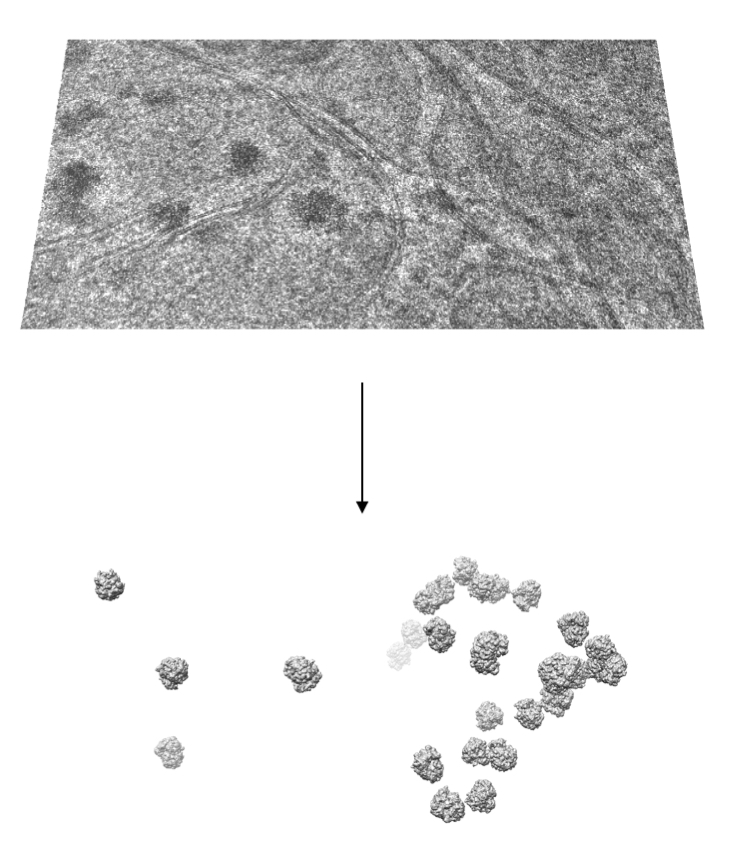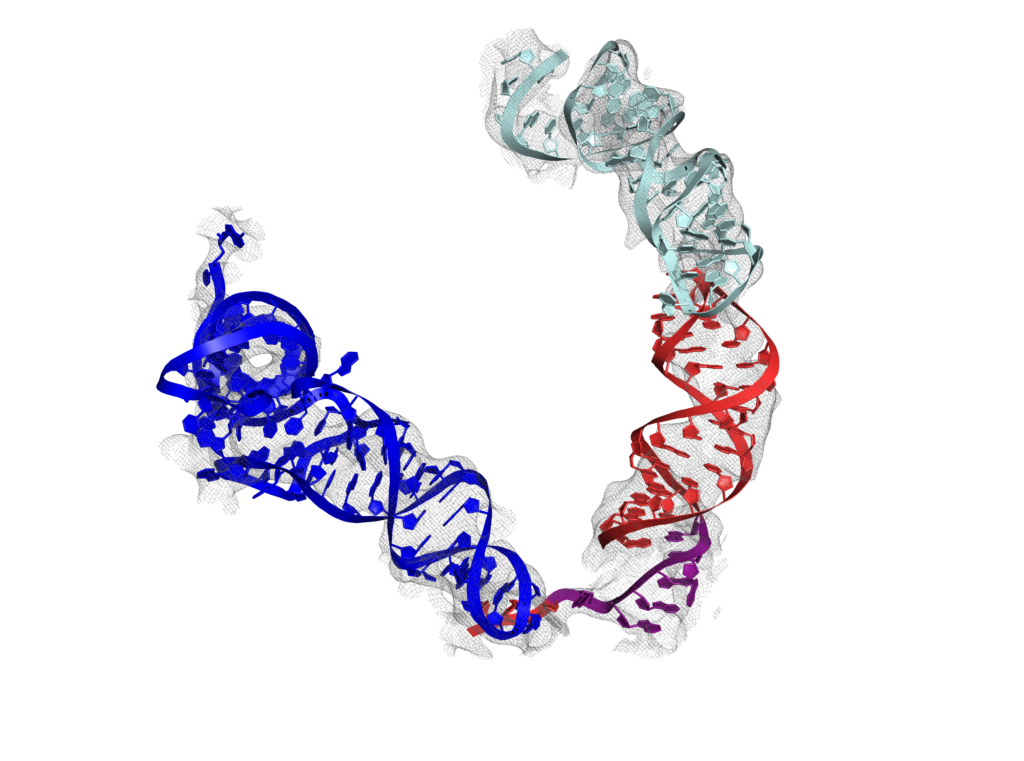Research
We have a special focus on neurons, where protein translation in the right place and at the right time is essential for the formation of certain types of memories. When protein translation is dysregulated, neurological issues like neurodegenerative disorders, depression, or autism spectrum disorders arise. Defining the players and mechanisms that govern localized and temporally controlled translation is key for understanding neurobiology and disease. By establishing a mechanistic model of localized translational control we hope to inform new strategies to specifically target developmental and acquired diseases caused by translational aberrations.


We are also interested in ribosomal recoding. Typically, ribosomes decode three nucleotides at a time, add the respective amino acid to the nascent peptide chain, and then move on to read the next triplet. However, mRNA sequences exist that re-program the ribosome and shift it into a new reading frame (this process is called ribosomal frameshifting). These mRNA frameshifting elements are present across all kingdoms of life but are especially prevalent among viruses like HIV and SARS-Cov2. Many viruses depend on accurate control of viral protein ratios. Therefore, perturbing these ratios often has deleterious effects for the virus and prevents replication. Thus, understanding how frameshifting is controlled opens up new opportunities to target viral infections. We use single-particle analysis to visualize these re-programed complexes and use biochemical methods to probe their function.